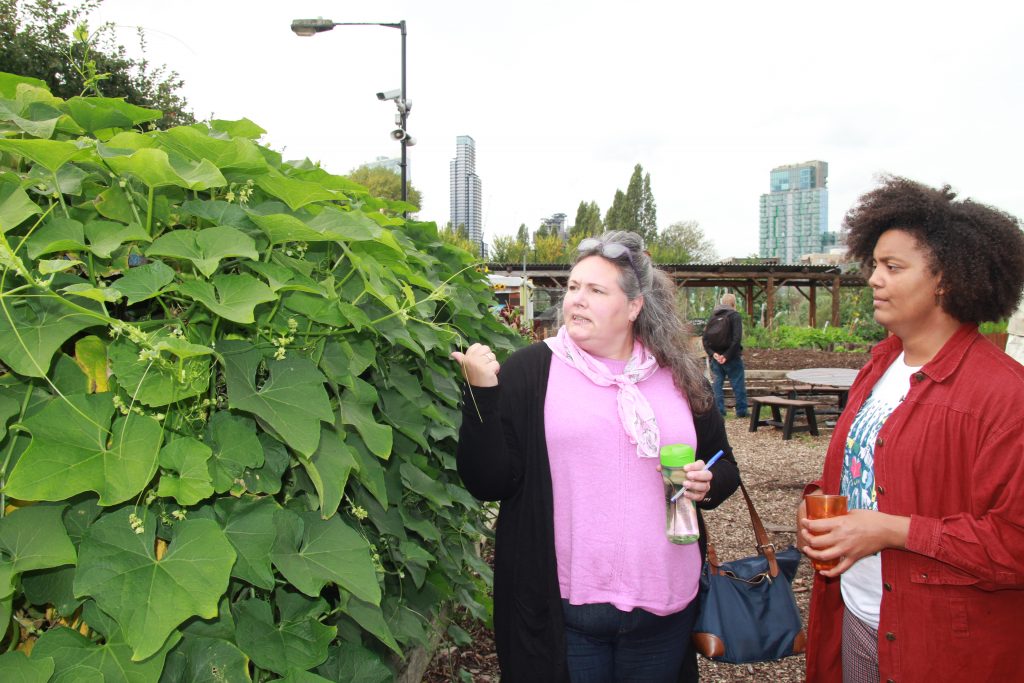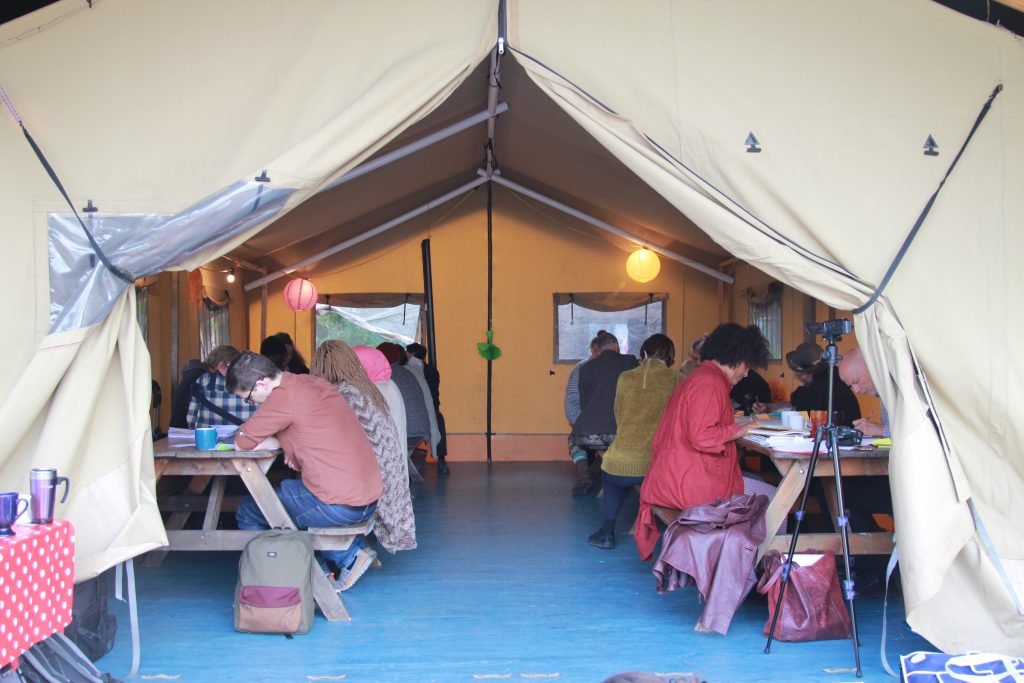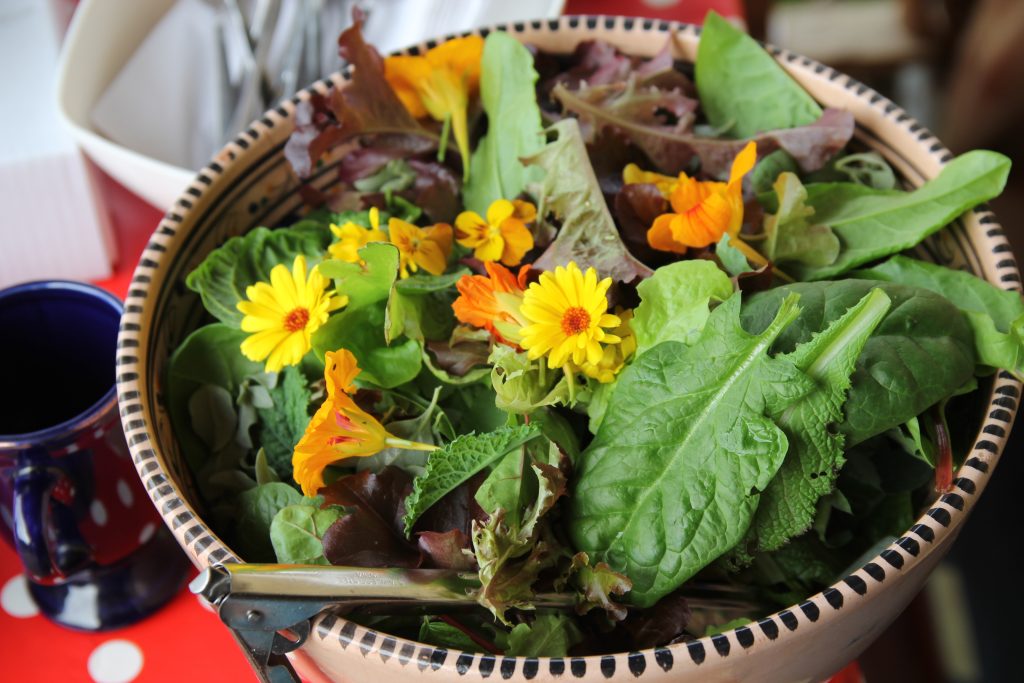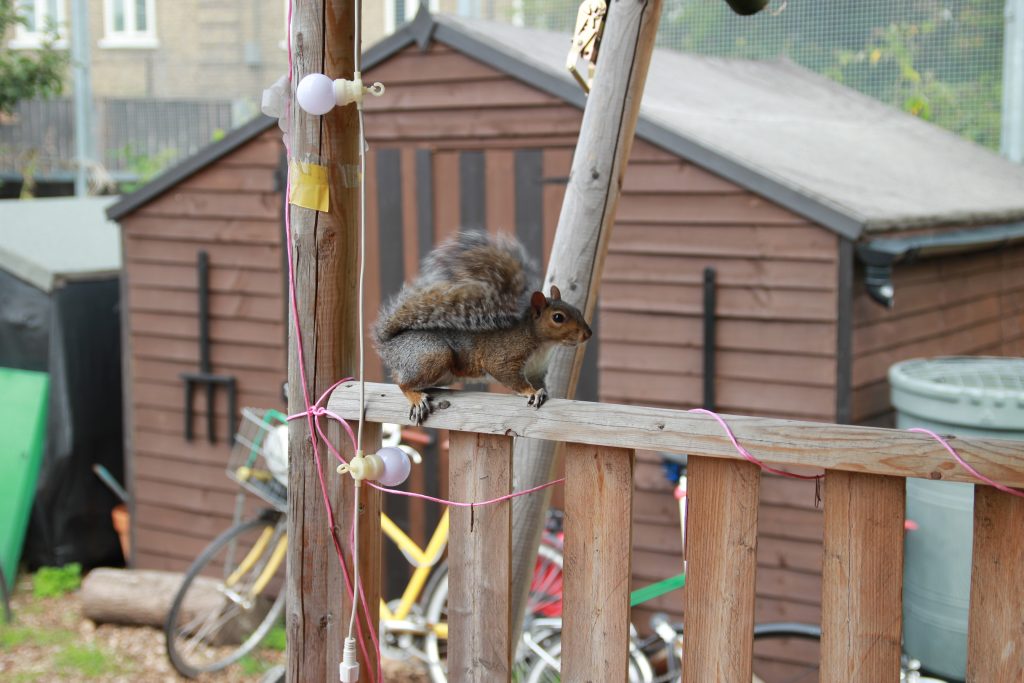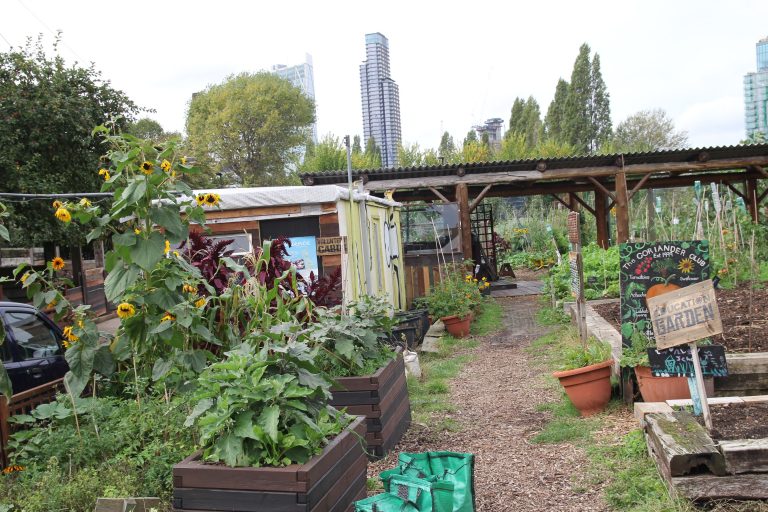On Monday the 30th September 2019 we held our first workshop at Spitalfields City Farm on the topic: Mapping the Future Farm.
We had about 15 participants from a range of community gardens and organisations including the London Freedom Seed Bank, Cordwainers Grow, Phytology/Bethnal Green Nature Reserve, John Evelyn Community Garden, the Permaculture Association, the Nightingale Community Garden, the Selby Estate community garden, and the Zimbabwean Association growers as well as staff from Spitalfields Farm.
After introductions and delicious cronuts from Rinkoffs bakery, we began our first activity: brainstorming all the human and non-human stakeholders of the city farm/community garden both now and in 2030. People moved around 4 tables, each with a different stakeholder category: Human, Creature, Natural Environment, and Infrastructure & Organisation, writing down examples of stakeholder members from each category.
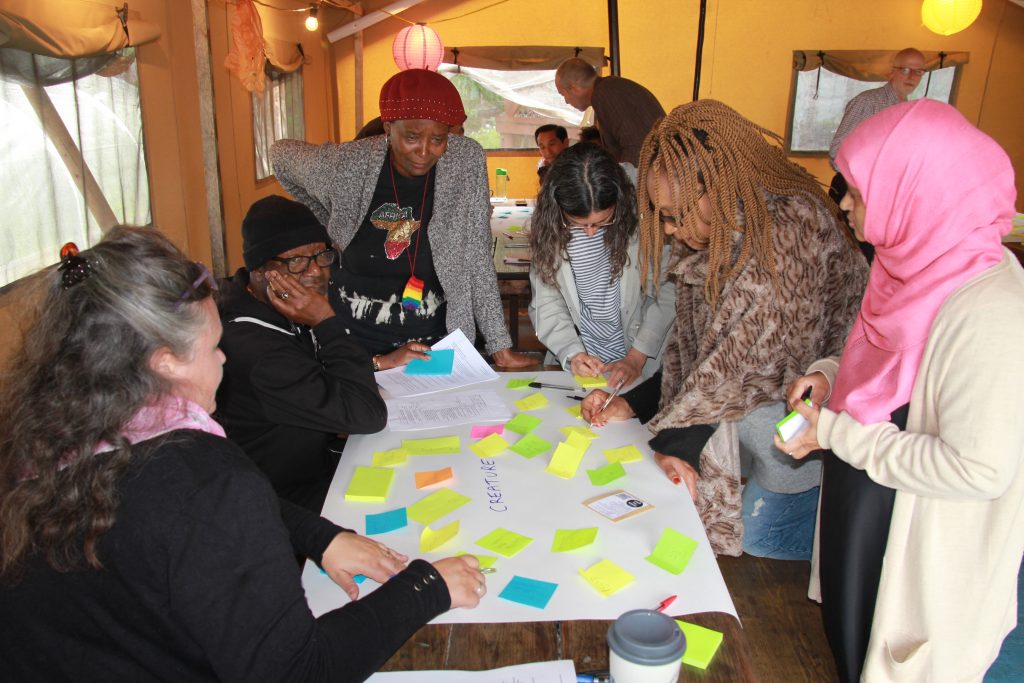
After that, they chose one stakeholder from each category, and wrote down on a little form: its name; What it does now/in the future; What it costs now/in the future; What it gives now/in the future. The last part of this activity involved sticking the forms onto large A0 pieces of paper, and then mapping the relations between different stakeholders.
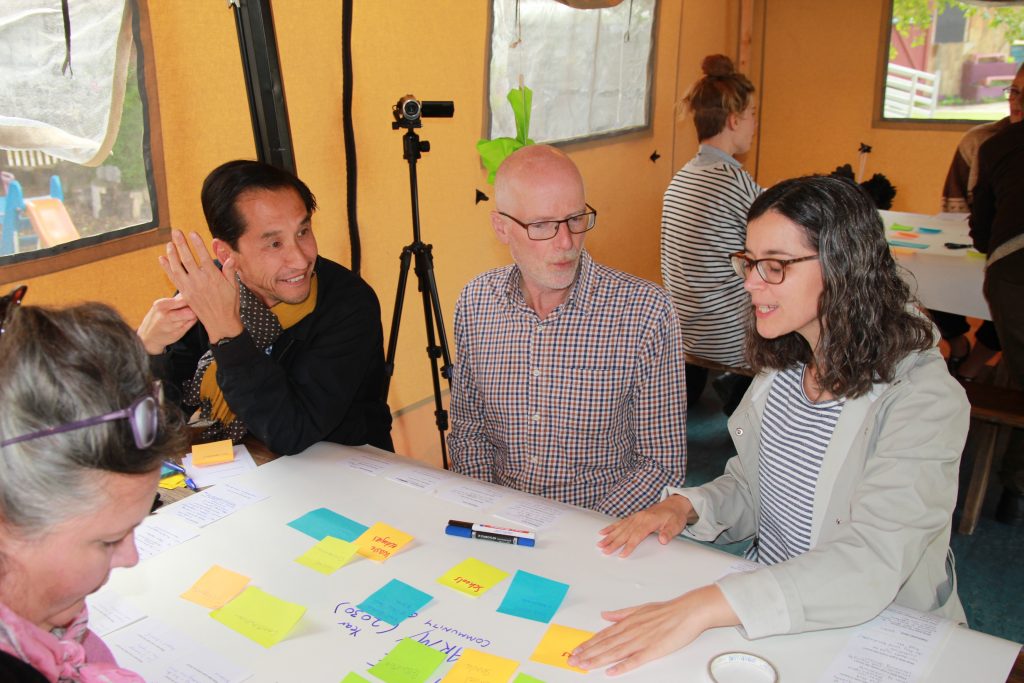
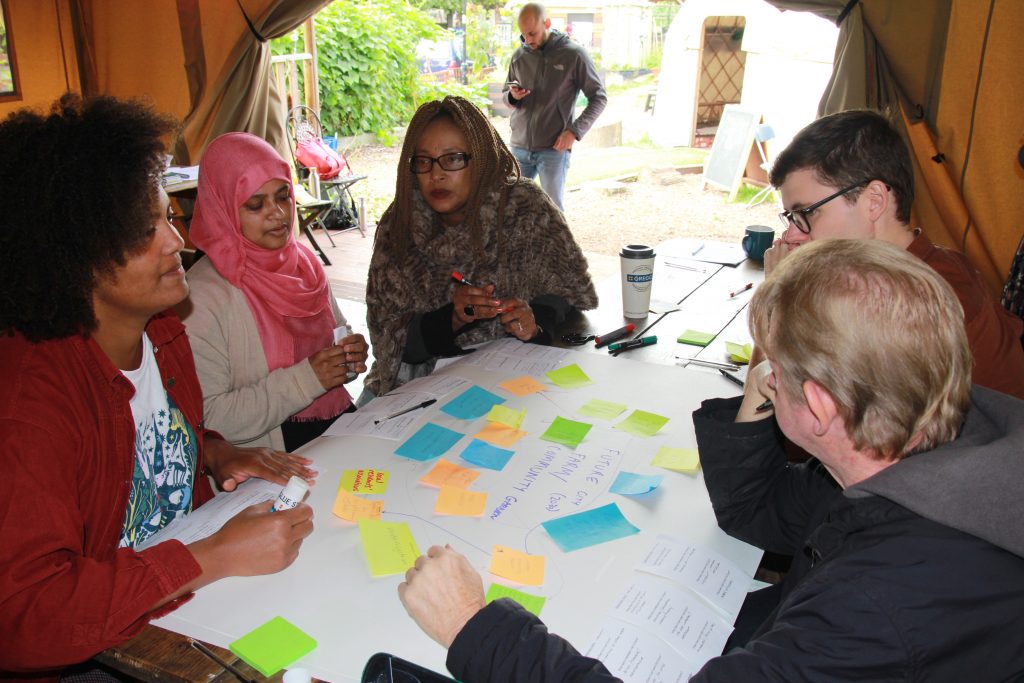
The next activity focused on mapping the different resources of the future community farm/garden. Participants had a choice of 2 ways to do this.
The first was a collage. Participants chose 3 different stakeholders from 3 of the different cateogries (human, non-human species, and institutional) and then used craft materials to show for each what they need, and what they provide to the community farm in the future.
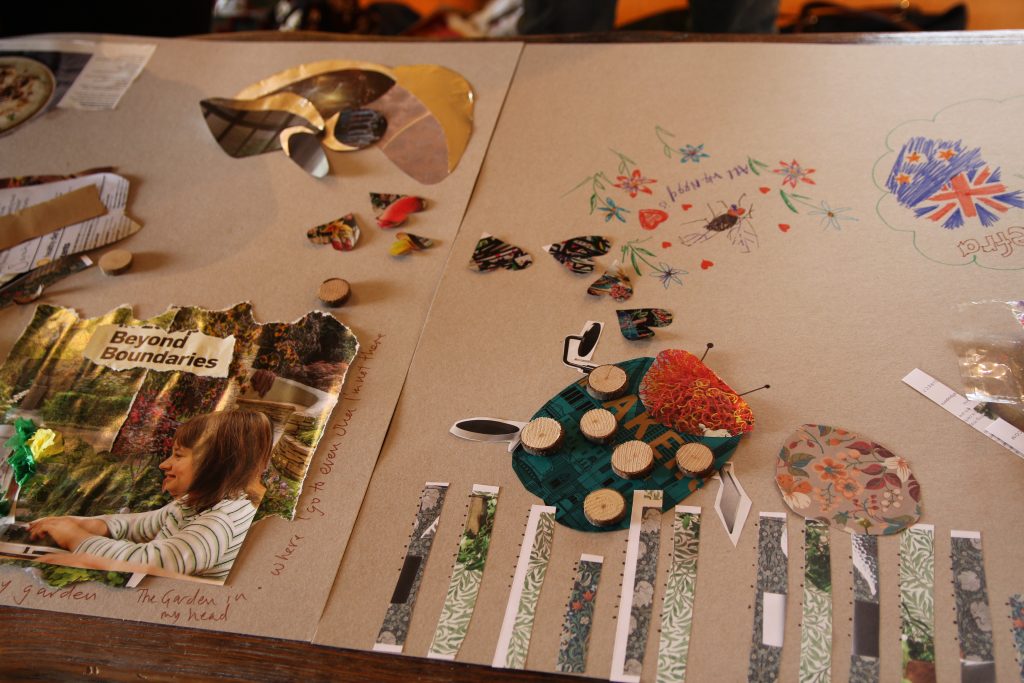
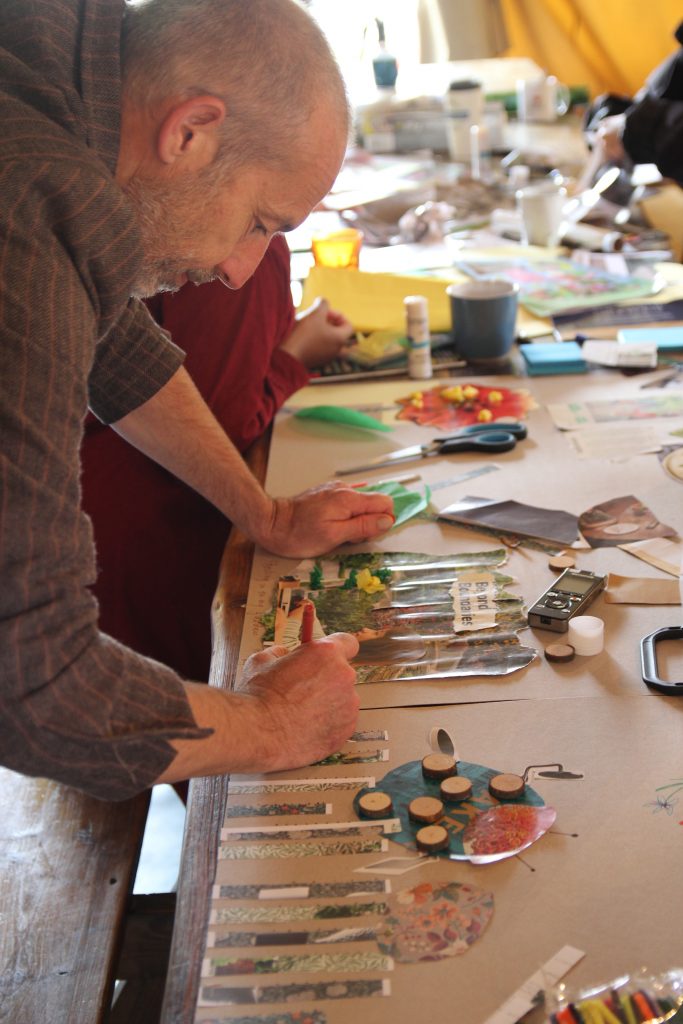
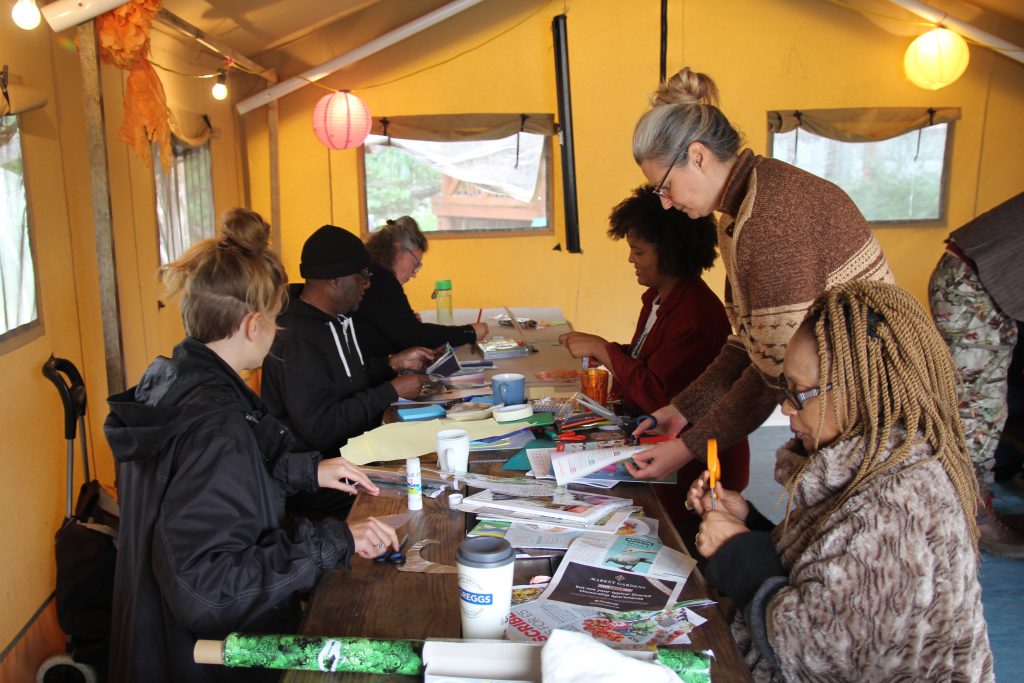
The other group worked to collectively map the resources of the future farm in the year 2030. Each person chose 3 stakeholders from the 3 categories. For each they answered, what is my most valuable resource? What is my scarcest resource?

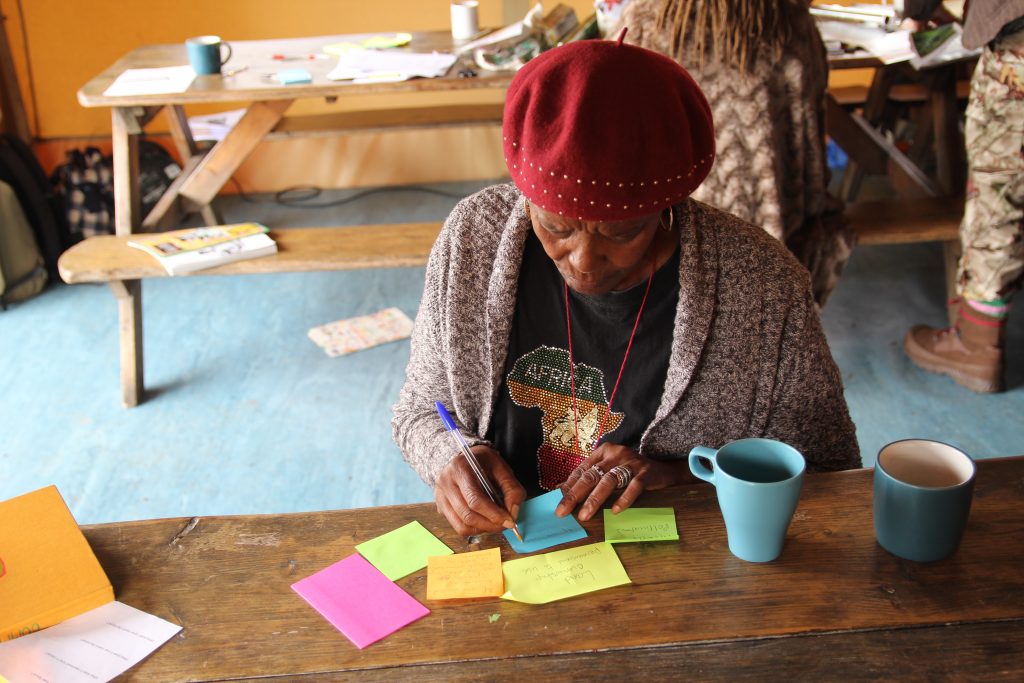
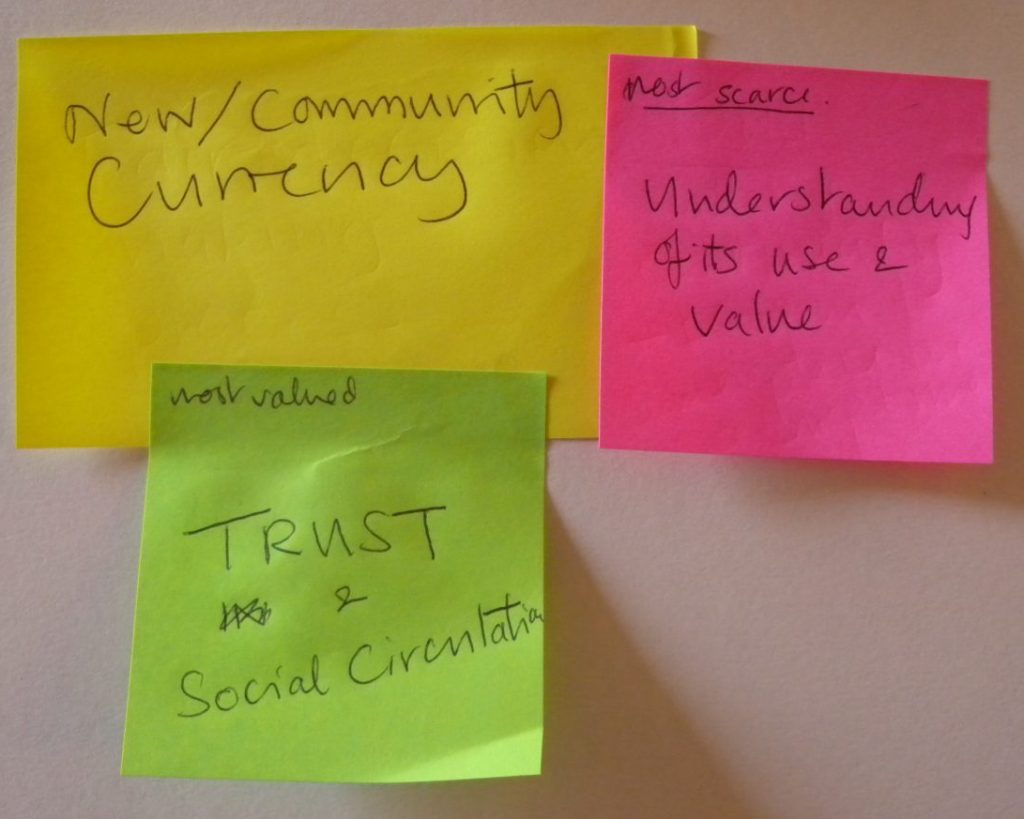
Most valued resource: trust and social circulation
Most scarce resource: understanding its use and value
The materials generated in the workshop will inform the development of the next workshop, which will take place on the 28th October 2019 at the farm.
The rain held out, and we enjoyed the lovely farm, and a fresh salad made from farm grown produce.
